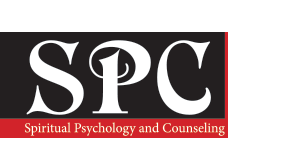The Relationships between Optimism, Happiness and Religious Coping
Author/s: Sezai Korkmaz
DOI: https://dx.doi.org/10.37898/spc.2021.6.3.142
Year: 2021 Vol: 6 Number: 3
Abstract
This study aimed to examine the relationship between optimism, happiness and religious coping depending on Carver and Scheier’s expectancy-value theory which indicate the basis of optimism and pessimism is confident and doubt. In the current study, participants of the study consist of 323 volunteer Turkish Muslims. 67.7% (N=219) of the sample consisted of female and 32.2% (N=104) of the sample consisted of male. The age range of the participants ranged between 17 and 59 years with mean age of 30.64. In this study The Life Orientation Test (LOT), The Oxford Happiness Questionnaire short form-OHQ-SF and Religious Coping Scale (Brief RCOPE) scales were used. Data was collected through Google documents on the Internet. The data collection sample was not specifically selected and the data were obtained randomly. Findings of correlations showed significant relationships between positive religious coping and optimism, and positive religious coping and happiness. There was negatively a significant relationship between negative religious coping and happiness. The results of the regression weights demonstrated that positive and negative religious coping predicted optimism and happiness. Finally, optimism partially mediated the relationship between positive religious coping and happiness.
Keywords
Optimism, Happiness, Coping, Religious Coping, Religion

